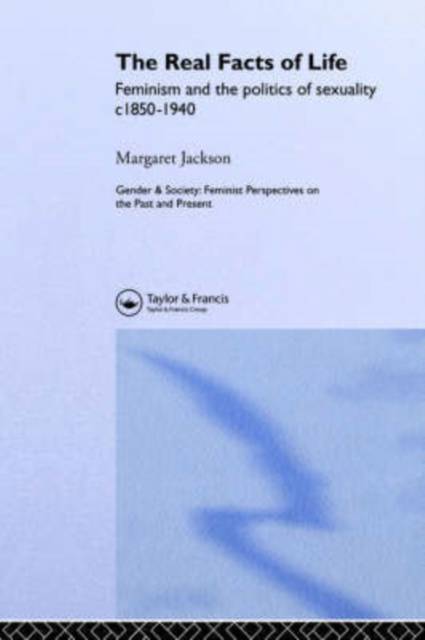
Je cadeautjes zeker op tijd in huis hebben voor de feestdagen? Kom langs in onze winkels en vind het perfecte geschenk!
- Afhalen na 1 uur in een winkel met voorraad
- Gratis thuislevering in België vanaf € 30
- Ruim aanbod met 7 miljoen producten
Je cadeautjes zeker op tijd in huis hebben voor de feestdagen? Kom langs in onze winkels en vind het perfecte geschenk!
- Afhalen na 1 uur in een winkel met voorraad
- Gratis thuislevering in België vanaf € 30
- Ruim aanbod met 7 miljoen producten
Zoeken
€ 412,45
+ 824 punten
Uitvoering
Omschrijving
During the last twenty years feminist research into the history of sexuality has made important contributions to the theoretical understanding of the relationship between sexuality and male power. When sexology became established as a science, feminists had for many years been engaged in a struggle to change male sexuality, by waging campaigns against male sexual violence and abuse of women and children; by challenging the institutions of marriage and prostitution; and by asserting in theory and in practice the right to female sexual autonomy. Despite the excellent research published in this important and fascinating aspect of feminist history, there are still gaps in our knowledge.; "The Real Facts of Life" aims to fill these gaps: Why and when did sexuality become an important political issue for the 19th century feminist?; What was the history of campaigns against double standards of sexual morality?; Why were feminists so divided in their views about sexual freedom and its relationship to women's emancipation? The analysis of these issues illuminates past and present feminists' ideas and theories about sexuality. Margaret Jackson's main aims in "The Real Facts of Life" are to make a contribution towards understanding the history of the struggle for female sexual autonomy; to provide a revolutionary feminist analysis of the social construction of sexuality and its relationship to male power, and to provide a critique of sexology and the male-defined concept of sexual "liberation".
Specificaties
Betrokkenen
- Auteur(s):
- Uitgeverij:
Inhoud
- Aantal bladzijden:
- 216
- Taal:
- Engels
- Reeks:
Eigenschappen
- Productcode (EAN):
- 9780748400997
- Verschijningsdatum:
- 7/01/1994
- Uitvoering:
- Hardcover
- Formaat:
- Ongenaaid / garenloos gebonden
- Afmetingen:
- 164 mm x 237 mm
- Gewicht:
- 462 g

Alleen bij Standaard Boekhandel
+ 824 punten op je klantenkaart van Standaard Boekhandel
Beoordelingen
We publiceren alleen reviews die voldoen aan de voorwaarden voor reviews. Bekijk onze voorwaarden voor reviews.









